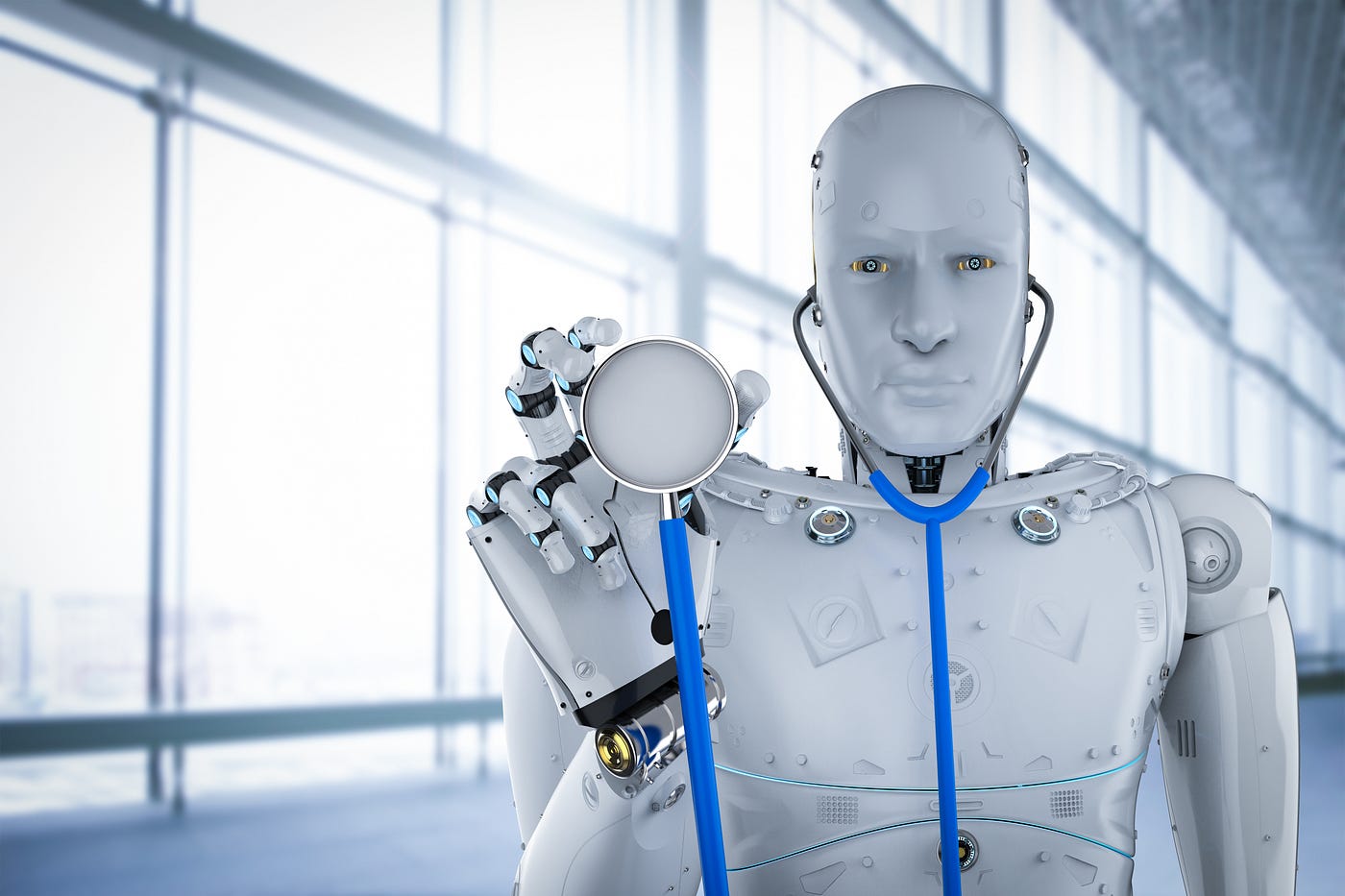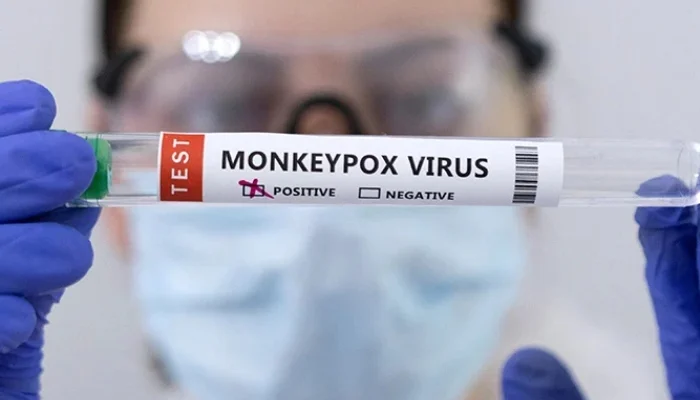China AI Hospital: China has launched the world’s first artificial intelligence (AI) hospital, Agent Hospital. This virtual facility is staffed by 14 AI doctors and four nurses. These digital physicians can see up to 10,000 patients in just a few days, a feat that would take a human doctor years to accomplish.
Before being put into service, the AI doctors were tested on the US Medical License Exam and scored an impressive 93.06%. The hospital was designed by researchers from Tsinghua University in Beijing with the goal of making healthcare more accessible and efficient.
The AI program is expected to be initially used to train real-life doctors at medical universities. Eventually, the virtual doctors will be rolled out to patients at hospitals across China. The research team leader, Liu Yang, believes that the AI hospital can also predict and simulate medical scenarios, such as future pandemics.
China AI Hospital and A Simulated World
The AI hospital, often referred to as an “AI hospital town,” is a virtual environment where AI doctors treat patients. These doctors are powered by large language models (LLMs) and can interact autonomously. They can diagnose diseases, formulate treatment plans, and even simulate the entire treatment process.
Practical Benefits
The AI hospital offers several practical benefits. It can provide training opportunities for medical students, allowing them to practice diagnosis and treatment in a risk-free environment. Additionally, it can be used to simulate various medical scenarios, such as the spread of infectious diseases.
Challenges and Hopes
While the AI hospital holds great promise, there are challenges to overcome. It is crucial to ensure that the technology adheres to medical regulations and is validated thoroughly. Additionally, exploring ways for AI to collaborate with human doctors is essential to prevent risks to public health.
The Future of AI in Healthcare
The future of AI in the medical field is bright. While AI can enhance the precision and efficiency of healthcare services, it is essential to remember that it cannot replace human doctors. Human doctors bring personalized care, compassion, and the ability to handle uncertain situations that AI may struggle with.
As AI hospitals continue to develop, they have the potential to revolutionize healthcare by making it more accessible, efficient, and effective. However, it is crucial to balance AI and human expertise to ensure the best possible care for patients.
Join Cure and Craft:
Hello Healthcare Professionals!
To showcase healthcare highlights; share news, events, job ads, and informative content. We amplify your voice, ensuring recognition for your achievements.
Let’s spotlight healthcare advancements together.





